Deed of Gift
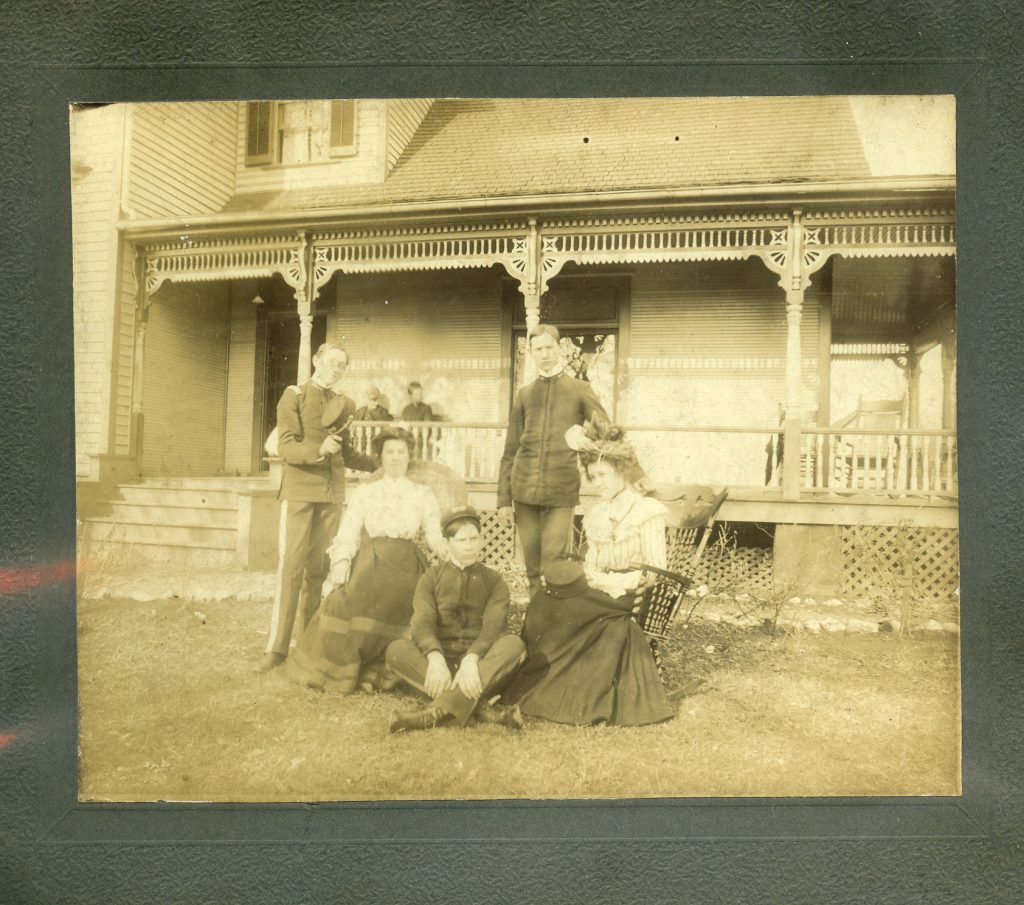
After you’ve decided to donate your collection and the archives accepts it, the next step is to sign the deed of gift. This is a document that formally transfers ownership to the archives. In addition to transferring ownership of the collection, a deed of gift is an agreement between the creator or the owner of the collection and the archives. The deed of gift should have notice about the original ownership of the collection, which rights are transferred to the repository (physical vs. copyrights), any restrictions on access, and notes about how the repository will hand the collection.
The following sections all contain pieces of the deed of gift that you should discuss with the archivist prior to donation and signing the deed of gift.
Access to the Collections
Each archives has its own policies guiding access to the collections for researchers. These policies include how and when researchers can access the materials, what can be duplicated, whether or not the researcher is allowed to use digital photography in the reading room, and the publication of archival materials. We recommend that, as a donor, you familiarize yourself these policies and discuss questions or concerns about access with the archivist prior to signing the deed of gift.
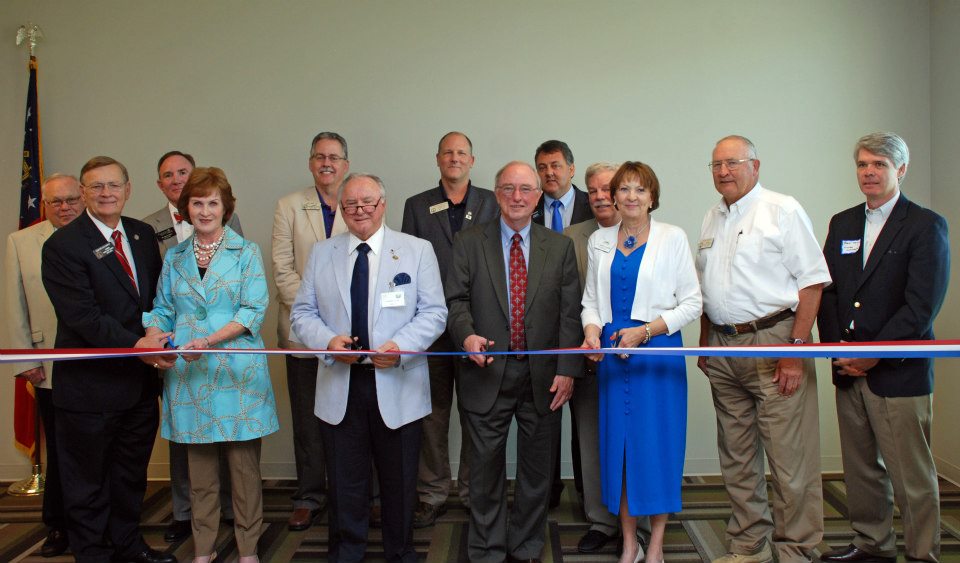
Please note that the archives may not be able to make the collection accessible immediately after accepting the materials. Most archives have a backlog of collections waiting to be processed and made available while others have a priority list for making items/collections available. Archivists can share their method for determining priority and talk about how long they expect it to take to process your collection. Archivists do appreciate your patience and understanding as they work to make the collection available to researchers.
Restrictions and Conditions

If you are concerned about the information contained in the documents or the condition of the items in the collection, consider discussing restrictions or conditions with the archivist. Items that contain personal or private information may be restricted from use by researchers to protect the privacy of the individual. Additionally, items that are severely damaged or fragile may also be restricted to prevent further damage. You may also discuss the option of digital surrogates in some of these cases if you’d like to maintain access to the collection while still protecting the fragile items. Again, these are good discussions to have, but know that the archives may not be able to provide some of these services, and archives generally like to give as much access to the collection as possible.
For conditional gifts, donations that come with specific requirements or limitations on access, exhibition, or digitization, archives typically are unable to make those promises or meet the requirements and may be unable to accept the donation.
Copyright
Copyright is a complex issue that deals with the ownership of the intellectual property contained in a collection. This can include the order of organization, the formatting of items, as well as the ideas and words committed to paper or electronic records. Typically, the creator owns the copyrights to the items, but those rights can be transferred to heirs, publishers, or, eventually, the archives that you donate the materials to. A repository will typically ask about who owns the copyright and will have to work with the copyright owner for donation of original materials.
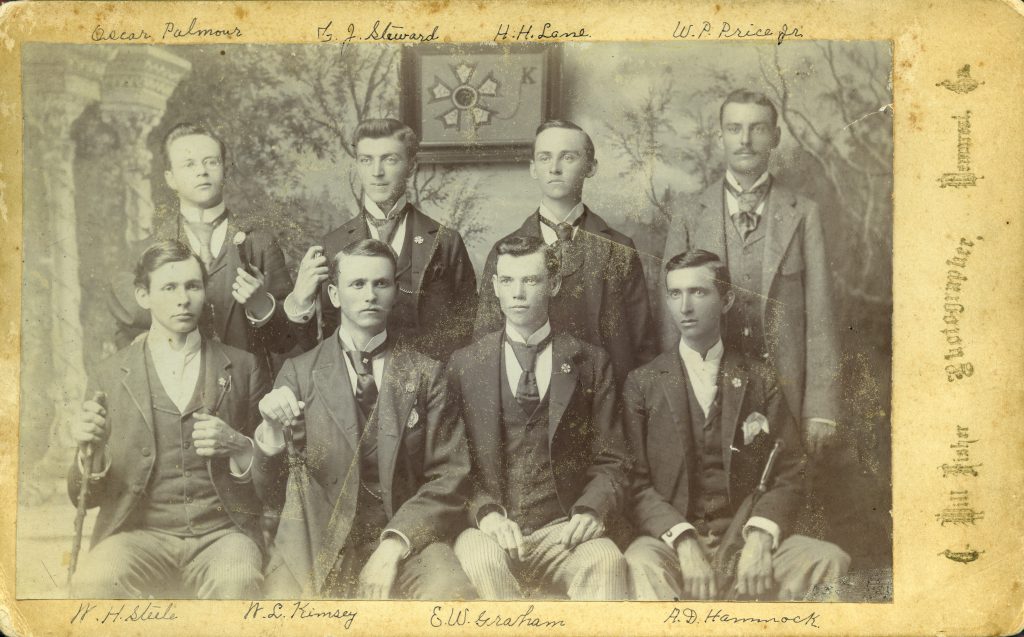
One conversation you will have to have with the copyright owner is how you want to handle the copyright for the items you are planning to donate. Traditionally archives ask that the copyrights be transferred to them so that they can digitize and exhibit (both physically and digitally) the collection. Occasionally a researcher may ask to publish a copy of an item in their work. The copyright owner will have to give permission and it’s easier for the archives when they hold the copyright and can approve/deny the request. However, this can be negotiated, and more archivists are using deeds of gift that allow the owners to maintain copyright while allowing the archives to hold a non-exclusive license to exhibit, digitize, and make collection materials available electronically.
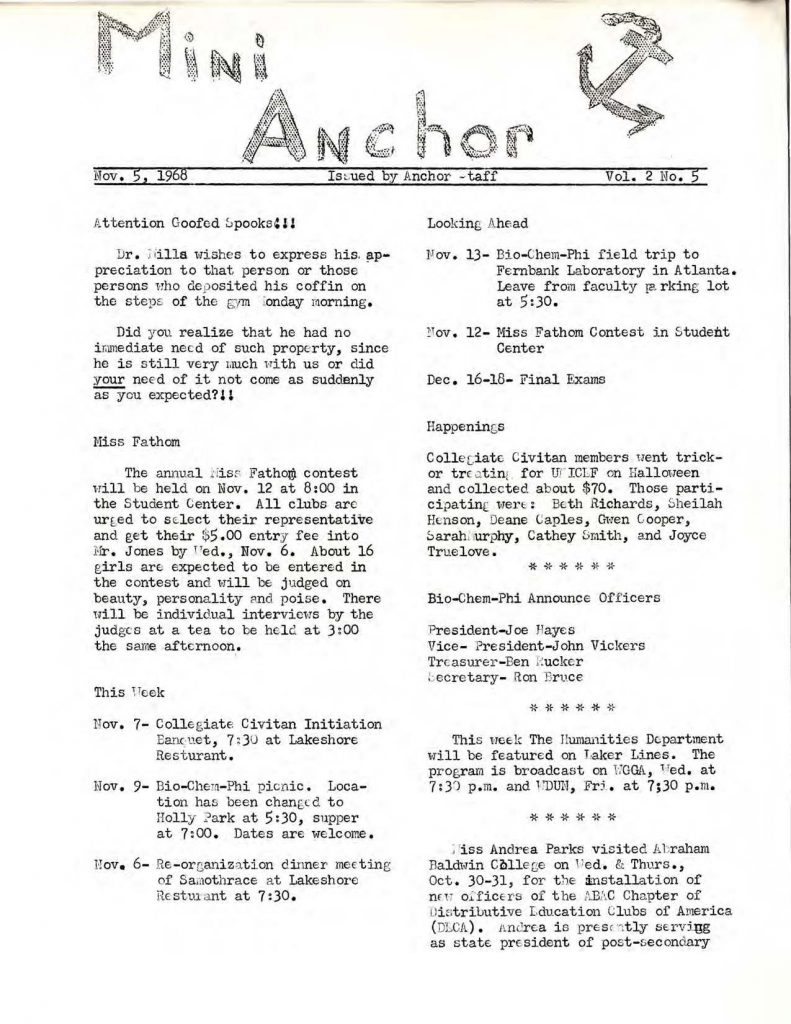
Another aspect of copyright is providing duplicates to researchers. Frequently researchers will ask for copies of materials to complete their works. These copies are given in compliance with Fair Use exemption under the US Copyright Law. While archives typically comply with copy requests, they do limit the number of pages a researcher is allowed to have and what can be done with the copies. The researcher is allowed to use a portion of the materials in their published work, but extensive quoting or inclusion of copies of the material do require the researcher to seek permission to use the materials prior to publication. For more information on copyright, please see https://www.copyright.gov/ or contact your attorney.
Financial Value of the Collection
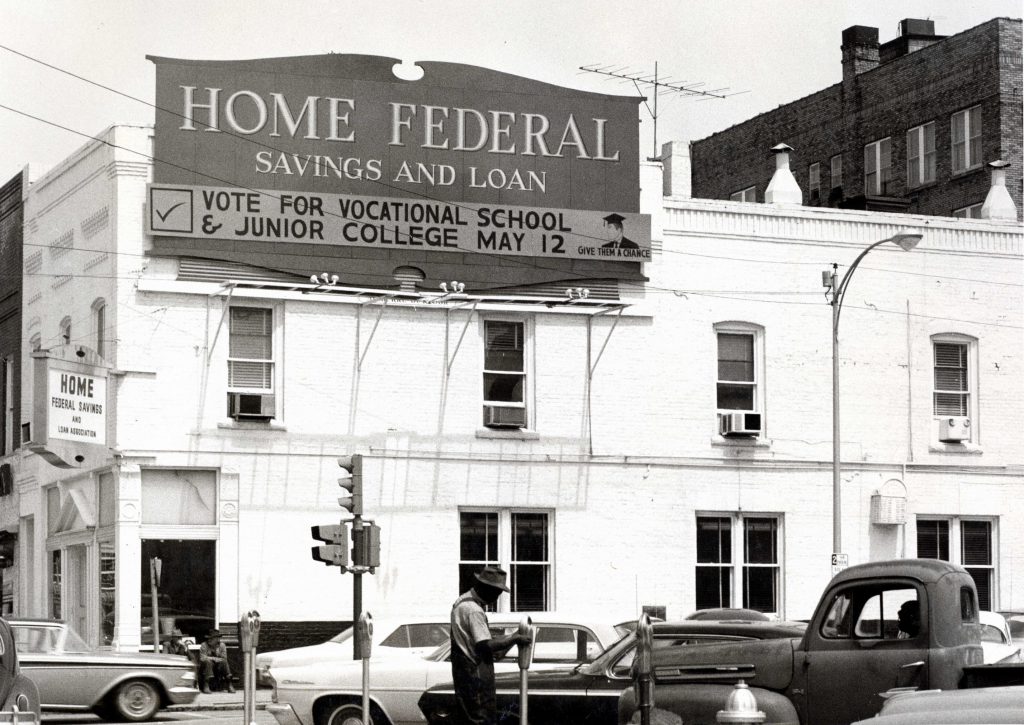
In some cases, a tax deduction can be taken for a collection donation. This deduction depends on the financial value of the collection (not the historical value). If you think your collection may have financial value, you will want to consider reaching out to an appraiser for a valuation of the collection. Archives and archivists are not able to provide tax advice or a financial value for the collection, however, they may be able to put you in touch with an appraiser who can provide you with the monetary value of the collection (for a fee). If you plan to have your collection appraised, please let the archivist know prior to donation. Not all archives are able to make collections available to an appraiser after they have been transferred to the repository. In these cases, the appraisal will need to be completed before the materials are transferred to the repository.
Monetary Donations
Monetary donations are generally welcomed at all archives as the process of organizing, preserving, and making collections available can be expensive. However, monetary donations are not a requirement of donating your collection materials.
At UNG collection donations and monetary gifts at all levels are appreciated, as are bequests and other planned gifts, endowments, and larger contributions. To learn more about donating, please contact the UNG Special Collections & Archives.
